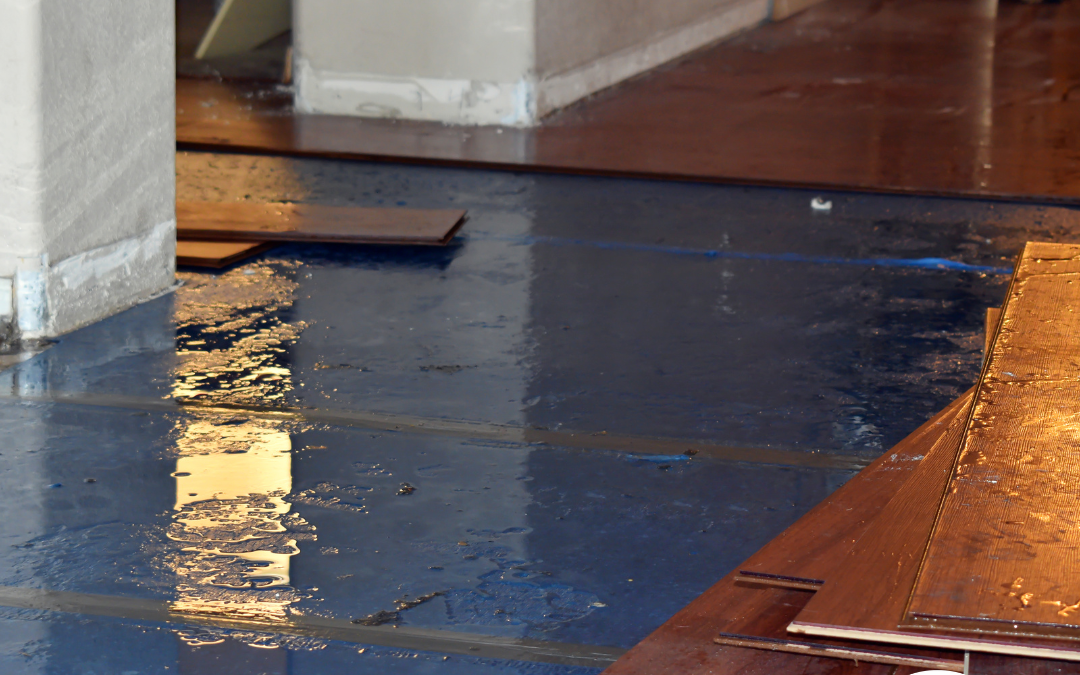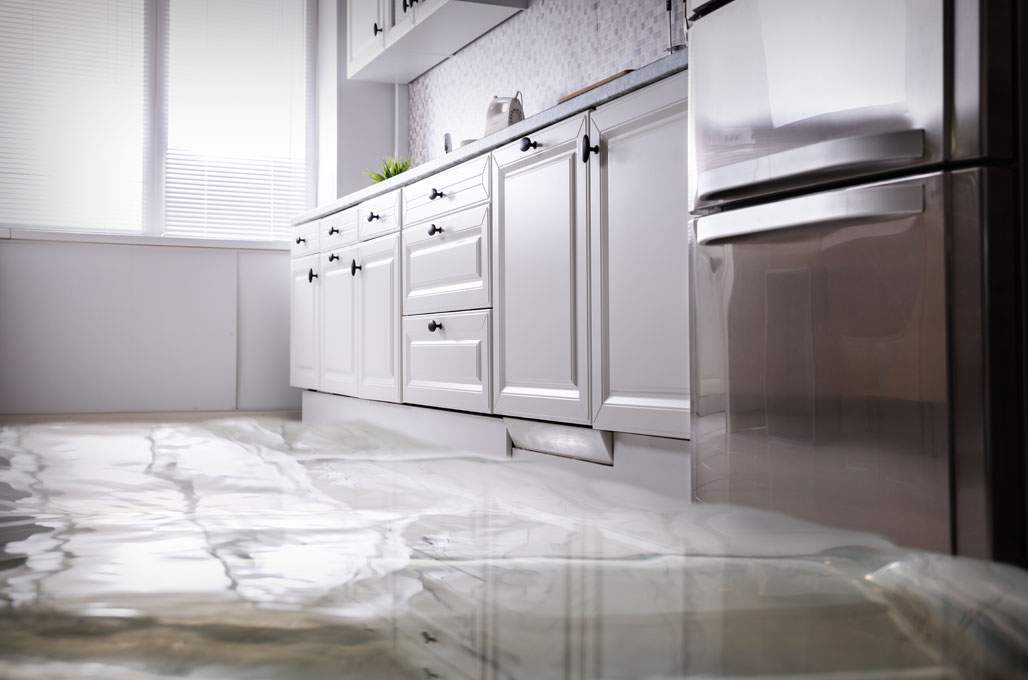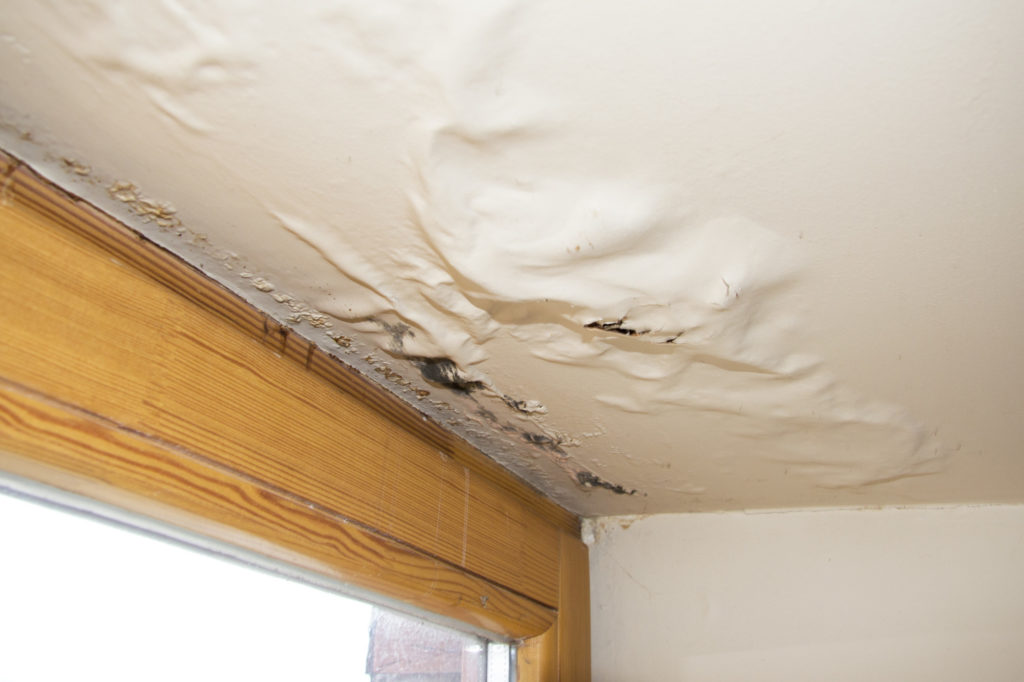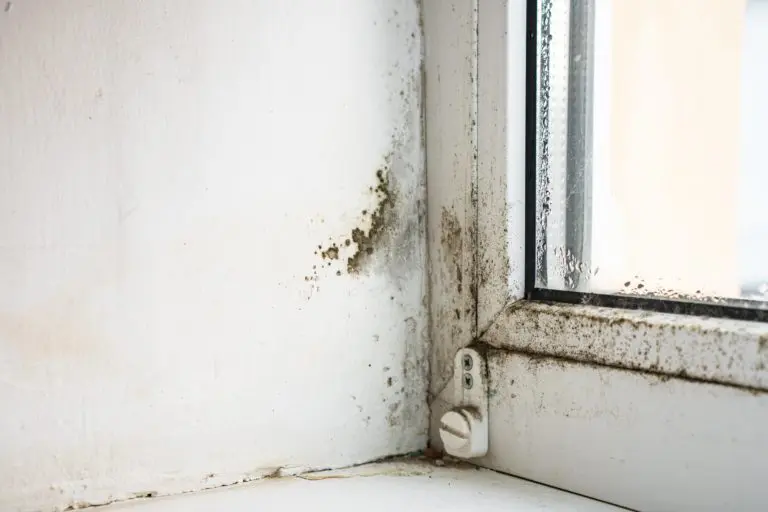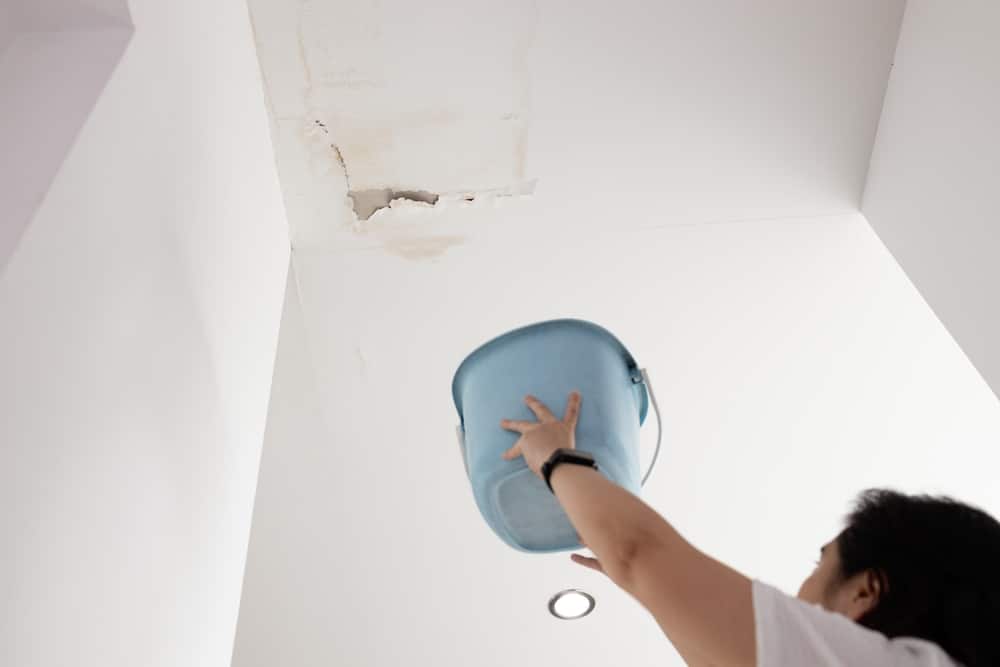Water damage is one of the most expensive and stressful problems a property owner can face. It can happen suddenly due to flooding or slowly from hidden leaks, and the repairs often cost thousands of dollars. The good news is that with the right preventive measures, you can significantly reduce the risk of water damage and keep your property safe.
Why Water Damage Is So Dangerous

Water may seem harmless, but when it infiltrates your property in the wrong way, the consequences can be severe.
Structural Damage
Prolonged exposure to moisture weakens walls, floors, and foundations, compromising the structural integrity of your property.
Mold and Mildew Growth
Damp conditions are the perfect breeding ground for mold and mildew, which can cause serious health problems and require costly remediation.
Electrical Hazards
Water can damage electrical systems, leading to short circuits, power outages, and fire risks.
Common Causes of Water Damage
Knowing what causes water damage is the first step to preventing it.
Plumbing Leaks
Faulty pipes, loose fittings, or worn-out seals can leak slowly over time or burst unexpectedly.
Roof Problems
Damaged shingles, clogged gutters, or poor roof maintenance can allow rainwater to enter your property.
Poor Drainage
Improper grading around your home or blocked drains can cause water to pool and seep into foundations.
Appliance Malfunctions
Washing machines, dishwashers, and water heaters can leak if hoses crack or seals fail.
How to Prevent Water Damage Indoors
Prevention begins with good maintenance and proactive measures.
Inspect Plumbing Regularly
Check pipes, faucets, and hoses at least twice a year for signs of leaks or corrosion.
Upgrade to High-Quality Fixtures
Replace old or low-quality plumbing fixtures with durable, leak-resistant models.
Install Leak Detection Devices
Smart leak detectors can alert you instantly if water is detected in critical areas like kitchens, bathrooms, or basements.
How to Prevent Water Damage Outdoors
The exterior of your property is your first line of defense against water intrusion.
Maintain Your Roof
Inspect your roof regularly and replace any damaged or missing shingles immediately.
Keep Gutters Clean
Clogged gutters can cause water to overflow and damage your siding, windows, and foundation.
Ensure Proper Drainage
Make sure the ground slopes away from your property to prevent pooling water.
The Role of Smart Technology in Preventing Water Damage
Modern technology offers powerful tools to detect and stop water damage before it spreads.
Real-Time Monitoring
Smart sensors placed in high-risk areas can send alerts to your phone when moisture is detected.
Automatic Water Shutoff
Some systems can automatically turn off your main water supply if a major leak is detected, preventing further damage.
What to Do If You Find a Leak
Even with preventive measures, leaks can still happen. Quick action can save you from serious damage.
Turn Off the Water Supply
Shutting off your main water valve will stop the flow of water and limit damage.
Contain the Leak
Use buckets, towels, or temporary sealants to control the spread of water.
Call a Professional
A licensed plumber can fix the leak and check for any hidden damage.
Long-Term Maintenance Tips
Consistent maintenance is the best defense against water damage.
Schedule Annual Inspections
Have professionals check your plumbing, roof, and foundation once a year.
Monitor Your Water Bill
An unexpected increase in usage may indicate a hidden leak.
Test Your Sump Pump
If you have a basement, make sure your sump pump is in good working order before the rainy season.
FAQs
1. How can I tell if I have hidden water damage?
Look for signs like musty smells, warped floors, discolored walls, or sudden spikes in your water bill.
2. Is water damage covered by insurance?
Most policies cover sudden water damage from incidents like burst pipes, but not gradual leaks or flooding unless you have specific coverage.
3. How often should I check for water leaks?
Check visible pipes and appliances monthly, and schedule professional inspections annually.
4. Can small leaks really cause major damage?
Yes, even a small, slow leak can lead to mold growth, wood rot, and costly repairs if left untreated.
5. What’s the best way to prevent water damage while I’m away?
Turn off your main water supply, use smart leak detectors, and ask a neighbor or property manager to check in on your home.


